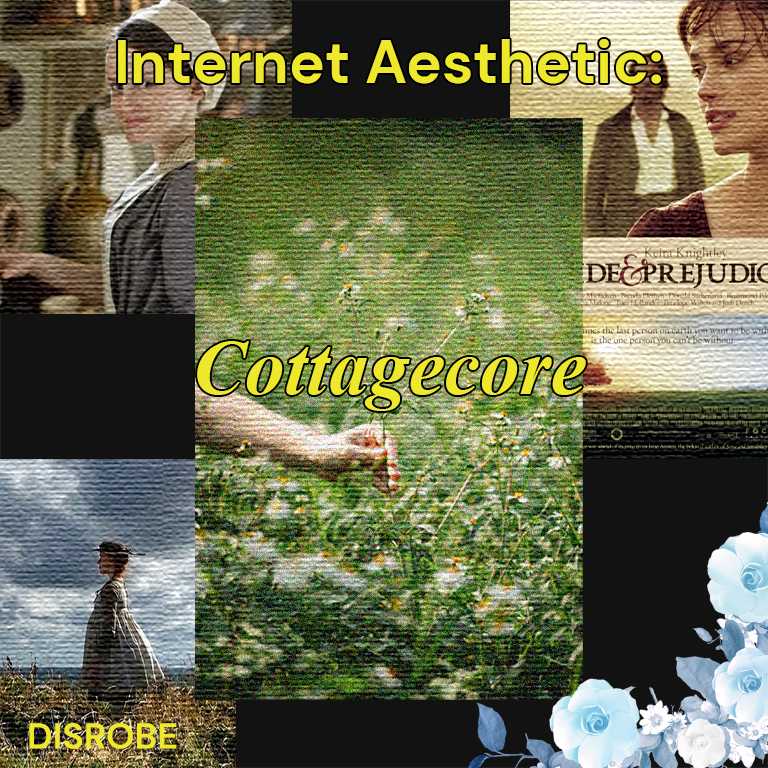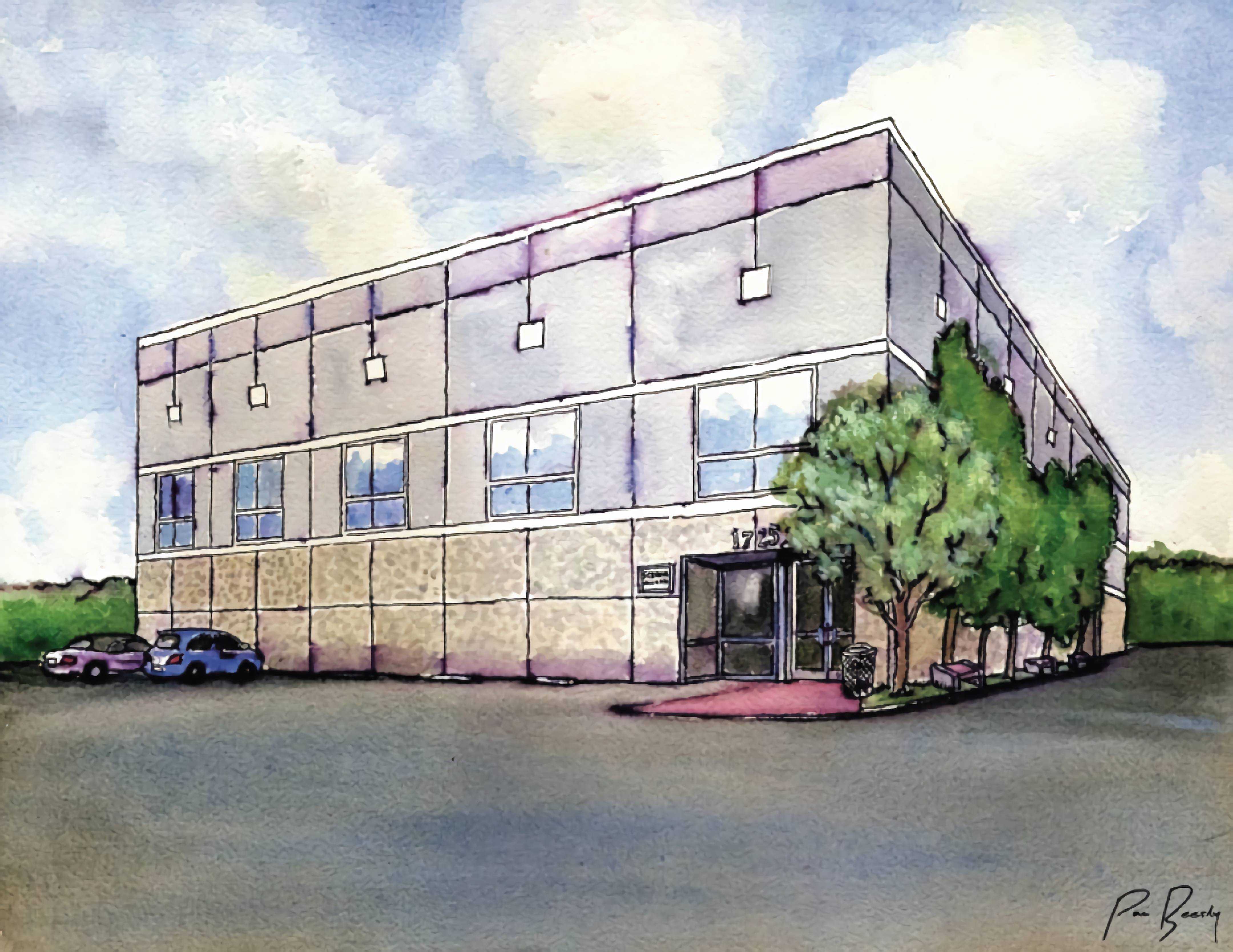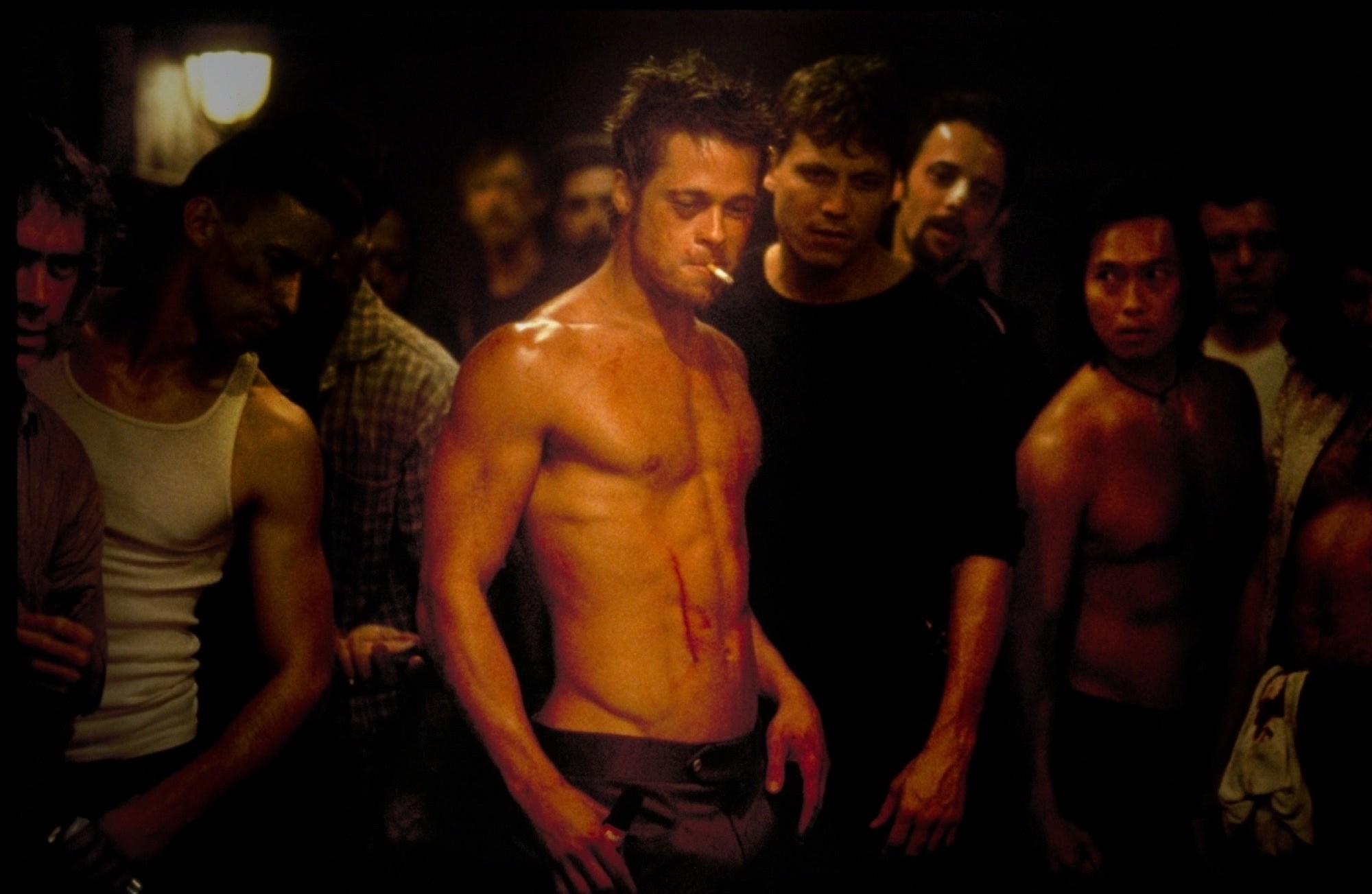Cottagecore: A Fantastical Antidote to Capitalism

Walls of Our Houses
Never did the walls of our urban houses feel as somber, depressing, and repulsive as they did during the COVID-19 pandemic. The world was introduced to chaos and suffering unlike any other we have ever faced.
The virus changed our lives forever.
The rare walks for groceries and essentials taught us something we would have never learned if it were not for the lockdown: metropolises are not just defined by their buildings and machinery, but most importantly by the dense occupants. Devoid of people in the streets and supermarkets, the city felt dystopic and depressing — like a lifeless painting.
It was during these trying times that millions of images and videos depicting, for the most part, women in rural households flooded the internet. These images, as you can see, are all very similar.
They are predominantly filled with women dressed in vintage, rural clothing, standing in a garden or by a river alone, or cooking a vintage dish.
What is so attractive about this aesthetic called Cottagecore? Let us find out.
Nature and Disconnection
The most obvious factor behind its immense attraction is the quiet and self-sufficient lifestyle that this aesthetic portrays that the occupants of cities just can’t imagine living. The models in the videos and images are alone and disconnected, existing in an entirely different universe — one that is not restless and chaotic.
The pleasant feeling of a gush of wind through the leaves, the smell of the rain on mud, the sight of thousands of flowers, and the cosmic tingling of the cattle bells — these are experiences that our senses are just not accustomed to. These are mere fantasies for most of us, products of our imaginations given birth to by the stories of our ancestors and elders.
Time is Cyclical
The other, less obvious aspect can be understood if one were to study a similar movement that occurred in the late 18th century.
Romanticism was a movement that began as an antidote to the growing Enlightenment Era and Industrial Revolution, which primarily focused on achieving high efficiency and profits. With the rise of factories and industries and increasing urbanization, the romanticists yearned and spoke for a traditional, emotional, and transcendent lifestyle that truly appreciated nature.
A similar argument could be made for the Cottagecore aesthetic. With the growing worries of climate change, global warming, unemployment, and wealth disparity, it’s only natural to subconsciously seek an alternative form of lifestyle that is less competitive and more freeing.
With thousands of influencers showcasing their ultra-rich lifestyles and deeming us losers for not working ourselves to death to become rich, there’s an unnoticed inferiority complex among most of us that we rarely address.
Winning in the capitalistic or neoliberal sector appears close to impossible, and this thought depresses us. With social media applications constantly reminding us of the immense distance between the various social classes, just like the Romantics of the 18th century, some yearn for an existence that is devoid of such demarcations.
The Hypocrisy of Cottagecore
Yet, it is easy to forget that this aesthetic is merely a fantasy for the viewers. The models or influencers who participate in this aesthetic are rarely poor or have rural origins. Some of them are even millionaires. They do not spend their days waking up early in the morning to milk the cows and work on the farm under the scorching sun. They are merely portraying a persona that we want to see, that we fantasize about.
Realistically, none of the rural workers cherish the comforts of a millionaire, nor do they shoot videos of themselves in gardens. Living in rural areas comes with its share of problems and social discriminations that the representations of this fantastical aesthetic do not portray.
Can it Cause Major Sociological Changes?
Looking at these images makes us think if women are predominantly the only ones who have a deep yearning for the rural escape fantasy, what do men fantasize about to relieve themselves from the anxiety and competitiveness of the hustle culture?
I think we all know the answer to this question. It certainly has nothing to do with questionable websites on the internet.
Returning to the earlier comparison of the past and the present, as popular as the romantic movement was, the Industrial Revolution and urbanization increased the average worker’s income significantly, and the number of people migrating to cities and towns remained high.
A similar case can be made for the Cottagecore aesthetic.
While politicians and social critics may worry if this aesthetic may be an early sign of the resurgence of vintage ideals, thoughts, gender roles, sexism, and racism that were present in the earlier conservative and traditional societies, all that this aesthetic is, for now, just an escapist fantasy.
It has not brought about any major social changes and may never will. The comforts and pleasures of the metropolises, at the end of the day, is still intoxication, even though many might, quite often than not, find it insufferable and meaningless.
The Cottagecore aesthetic is, for all its worth now, just a vintage Barbie Land.






